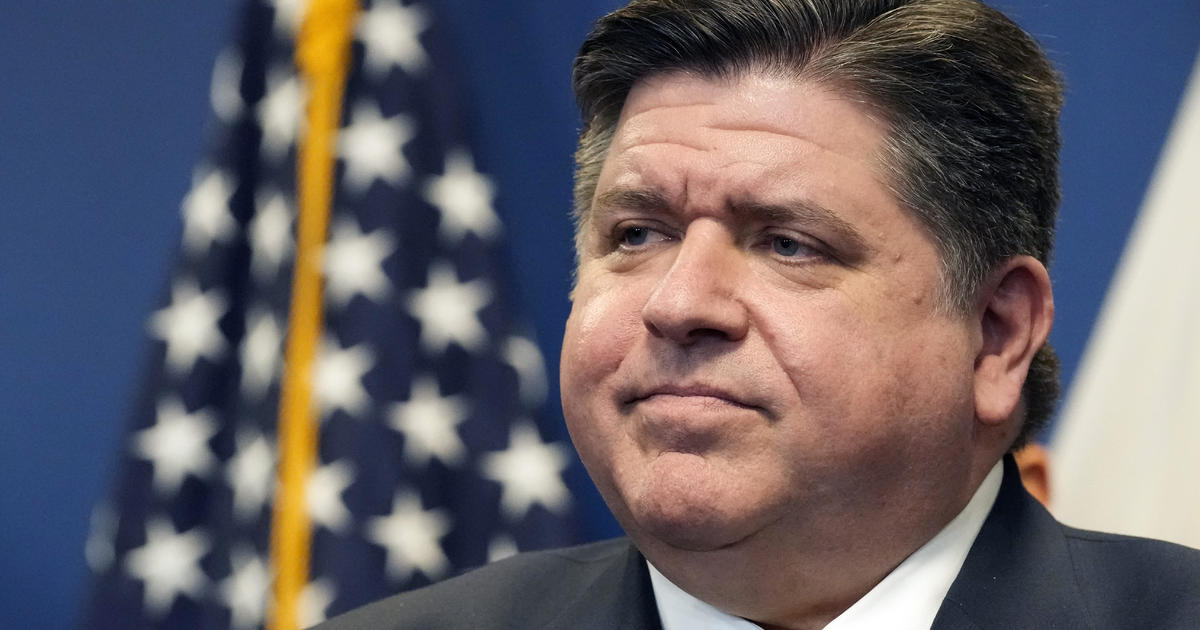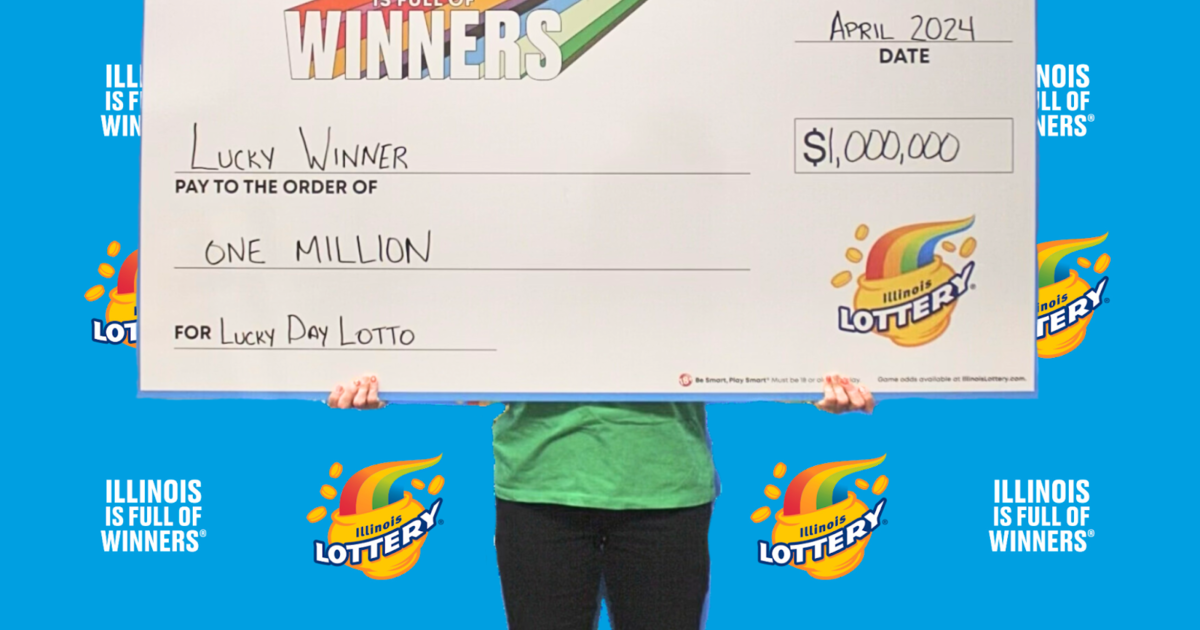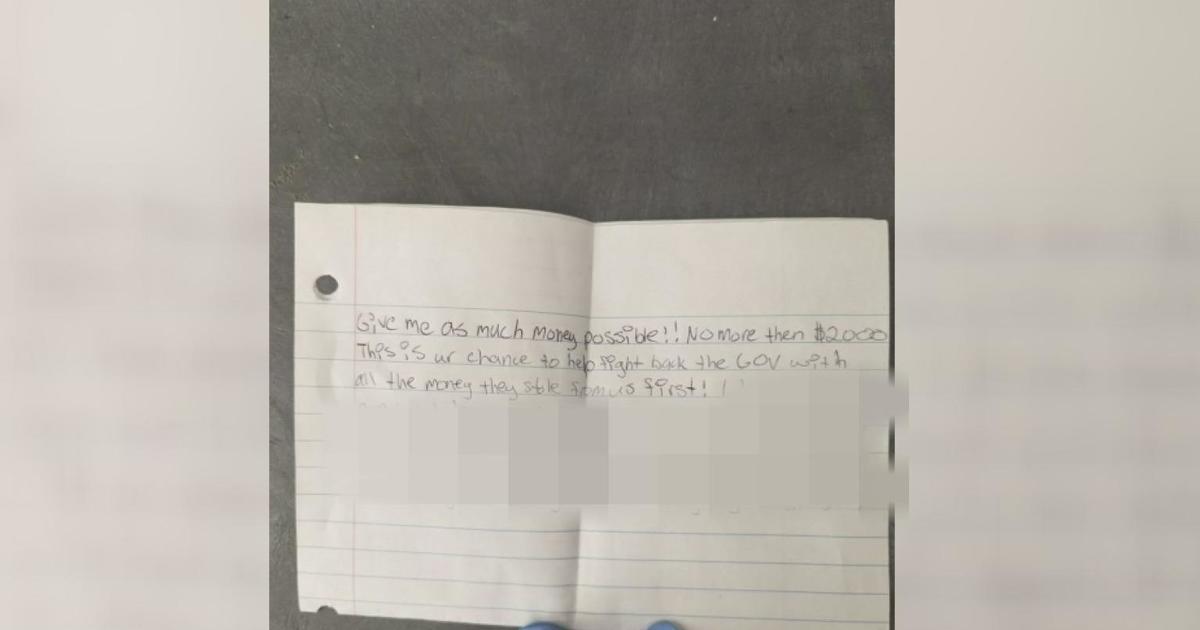Wisconsin Gov. Scott Walker Wins Recall Election
UPDATED 06/06/12 - 5:55 a.m.
MADISON, Wis. (CBS) -- Wisconsin Gov. Scott Walker survived a historic recall election on Tuesday, beating Democratic challenger and Milwaukee Mayor Tom Barrett in his bid to keep his job after his controversial fight with labor unions over collective bargaining rights.
With nearly all precincts reporting, Walker had won 53 percent of the vote, to 46 percent for Barrett.
"Wisconsin has given their stamp of approval to Gov. Walker's successful reforms that balanced the budget, put people back to work, and put government back on the side of the people," Republican National Committee Chairman Reince Priebus said Tuesday night.
It's the first time a U.S. governor has survived a recall attempt.
Walker was elected in 2010 – defeating Barrett – and quickly moved to strip nearly all collective bargaining rights away from the state's unionized government workers, in what he said was spurred by a need to balance the state's budget.
It was that controversial decision that led to efforts to have him removed from office.
As CNN's Rick Vincent reports for CBS 2, at Walker's campaign headquarters, it was a night for celebration.
"Tonight we tell Wisconsin, we tell our country, and we tell people all across the globe, that voters really do want leaders who stand up and make the tough decisions," Walker said to a crowd of cheering supporters.
Meanwhile in his concession speech in Milwaukee, Barrett urged his followers to press on.
"Please, please – remain engaged. Remain involved, because we will continue to fight for justice and fairness in this city and this state," he said.
The recall election mobilized progressives across the country, and after the election, some were crestfallen.
One man, who asked to be called only Mike, complained in particular that Walker spent $30.5 million compared to Barrett's mere $4 million.
"I'm very emotional, because we all had a lot invested in this. This was it. If we didn't win tonight, the end of the USA as we know it just happened. That's it," he told CNN. "We just got outspent $34 million to $4 million. We don't have any other resource left but the people you see here behind me, and if the people you see here behind me can't get it done tonight, it's done. Democracy is dead."
An assortment of tweets that ranged from the snarky to the emotional also appeared under the Twitter hashtag #WIRecall.
"Just sent Gov Walker my best wishes, from one brutal dictator to another," said a tweet sent froma n account called "KimJongNumberUn," which had been retweeted 1,151 times as of Wednesday morning.
Meanwhile, conservative CNN commentator Dana Loesch was already mocking the earlier comments from Mike.
"'Democracy is dead' is the new 'leave Britney alone,'" tweeted Loesch, who spoke at the Chicago Tea Party rally in April, and also gained notoriety earlier this year for saying she would "drop trou" and urinate on dead Taliban soldiers as a group of Marines were seen doing on video.
President Barack Obama easily won Wisconsin in 2008. But experts say Walker's victory may give Republicans a major boost in efforts to make Wisconsin a battleground state.
Republican presidential candidate Mitt Romney says the results in Wisconsin are proof that voters want to cut spending.
He said Walker's win will "echo beyond the borders of Wisconsin," and that Walker stood up to "runaway government costs imposed by labor bosses."
Voters Packed Polls On Tuesday
For the historic election, a polling place in downtown Milwaukee was packed, lines of voters snaking through the building.
Jeanine Brennan, a public school teacher, said she was voting to get rid of Walker, because his budget cuts are forcing her into retirement at the end of the school year.
"It's made my life very difficult," she said.
Republican voter Carrie Tobiason – donning a Reagan/Bush T-shirt, said she's never been more motivated to go to the polls.
"Absolutely not. I feel as though my vote back in 2010 didn't count," she said. "I don't think it was fair it was taken away from me, but gotta out and do it again."
More than $60 million was poured into the race, most of it backing Walker.
There was a feeling on both sides that more was at stake than the governor's office in Wisconsin.
Some voters believed, as Wisconsin goes, so does the rest of the country in the 2012 elections.
However, President Barack Obama won Wisconsin by a 14 percent margin in 2008, so there would need to be a major shift in sentiment for him to lose the state in 2012, and many voters in Wisconsin said, while they might not support Walker's policies, they didn't feel it was right to vote to recall him in the middle of his term.
The move was first presented as an element of his budget.
The law forbids most government workers from collectively bargaining for wage increases beyond the rate of inflation. It also requires public workers to pay more toward their pensions and double their health insurance contribution, a combination equivalent to an 8 percent pay cut for the average worker.
Amid heated protests in Madison, Wis., while the Wisconsin state legislature was considering the measure, the state's 14 Senate Democrats left and hid out in Illinois, thus preventing the quorum required for the state Senate to vote on bills involving spending money.
Republicans fought back by taking all the spending measures out of the legislation, but keeping in the provision to restrict collective bargaining rights for state employees. The bill passed a short time later without the Democrats.
Walker's stance on collective bargaining was undoubtedly the biggest factor for voters as they marked their ballots Tuesday.
Last year, Walker also had public workers pay more for health and pension benefits.
"It's interesting, because the state doesn't have a deficit for the first time in a long time. It's one of the very few states that doesn't," said voter Angie Forliano-Cesar. "Do I agree with everything that he did to get us there? Maybe not."
Walker was only the third governor in U.S. history to go through a recall election, but the first to survive such a challenge.
Election officials said turnout was brisk on Tuesday.
"It's a really serious matter, and I think the people know it, the way they're coming through this morning – a big lineup right away," said Pleasant Prairie chief election inspector Roberta Andersen.
Walker was running on his record, and says the legislation limiting public employee unions was good for Wisconsin.
"Voters are serious when they say they want elected officials to take on tough issues," he said.
Barrett argued that Walker has ruined Wisconsin.
"The debate now is whether Wisconsin has the worst job performance record in the nation, or just the worst job performance in the Midwest," he said.
Even before Walker's victory, U.S. Sen. Dick Durbin (D-Ill.) argued – regardless of the outcome – Walker and other governors have been given fair warning.
"It says to the next governor who decides they can come in and just run roughshod over the rights of individual families, be careful. People are watching, and they value their rights – including the right to collective bargaining," Durbin told WBBM Newsradio's Bernie Tafoya. "You may face a challenge the likes of which you've never seen. Maybe you'll survive it. Maybe you won't."
Durbin said it is better to work with people and solve problems than to be confrontational.
Meanwhile, analysts say the recall race in Wisconsin could trigger a fight over collective bargaining in Illinois. Some believe lawmakers in Illinois are heading for a showdown with unions over the state's pension crisis.
On Monday morning, political analyst Stephen Caliendo of North Central College said the issue of workers' rights also will inevitably be on the agenda during the presidential race now.
"I think that the most important thing is that this is on the agenda now," he said. "There's going to have to be some discussion about the rights of workers; where the place for unions are in the United States in the 21st century, particularly during economic tough times."
Also, some Wisconsin voters say they are very upset about how much it will cost them to pay for the recall election. It is estimated at $9 million.



